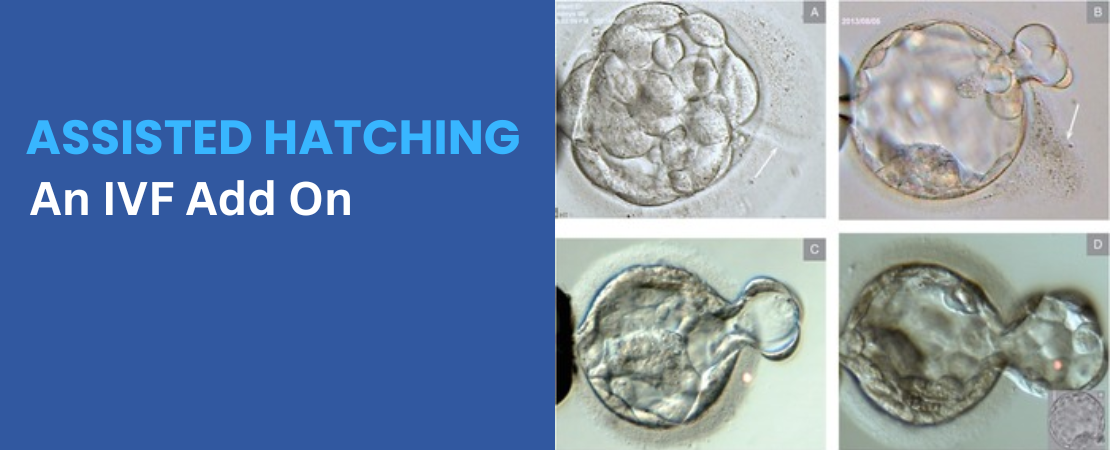
Overview
Female infertility is a frequent disorder in which a woman is unable to conceive and carry a pregnancy to term. This is usually identified after a woman has attempted for 12 months to get pregnant (through unprotected sex) without success. Infertility can be treated with a variety of methods, including medications to treat hormonal difficulties, surgery to manage physical issues, and Assisted Reproductive Techniques such as IUI, IVF or ICSI.
Causes of Female Infertility
Every step of the human reproduction process must go well in order for pregnancy to occur. The following are the steps in this procedure:
- A mature egg is released from one of the two ovaries.
- The fallopian tube picks up the egg and transports it to the uterus.
- Sperm go up the cervix, into the uterus, and into the fallopian tube to fertilise the egg.
- The fertilised egg moves to the uterus through the fallopian tube.
- The fertilised egg develops and attaches to the inside of the uterus (implants).
A variety of factors can obstruct this process in women at any point. Infertility in women is caused by one or more of the reasons listed below.
Ovulation disorders
The most common cause of infertility is ovulating infrequently or not at all. Ovulation abnormalities are caused by issues with the hypothalamus or pituitary gland’s regulation of reproductive hormones, as well as problems with the ovary.
- Polycystic Ovary Syndrome (PCOS): PCOS results in a hormonal imbalance that affects ovulation. PCOS is associated with insulin resistance, obesity, abnormal facial or body hair growth, and acne. It’s the most common cause of infertility in women.
- Hypothalamic Dysfunction: The pituitary gland produces two chemicals that stimulate ovulation each month: follicle-stimulating hormone (FSH) and luteinizing hormone (LH) (LH). Excessive physical or emotional stress, extreme body weight gain or reduction, or a recent significant weight gain or loss can all disturb hormone production and impact ovulation. The most prevalent symptoms are irregular or absent menstruation.
- Primary Ovarian Insufficiency: Premature ovarian failure, also known as autoimmune ovarian failure, is caused by an autoimmune response or the premature loss of eggs from your ovary, which can be caused by genetics or chemotherapy. In women under the age of 40, the ovary no longer produces eggs and estrogen production is reduced.
- Too Much Prolactin: Excess prolactin production (hyperprolactinemia) by the pituitary gland lowers estrogen production and can cause infertility. It’s also possible that medications you’re taking for another disease are causing this.
Damage to fallopian tubes (tubal infertility)
Damaged or blocked fallopian tubes prevent sperm from reaching the egg or prevent the fertilised egg from entering the uterus. Damage or obstruction of the fallopian tube can be caused by a variety of factors, including:
- An infection of the uterus and fallopian tubes caused by chlamydia, gonorrhoea, or other sexually transmitted infections causes pelvic inflammatory disease.
- Previous abdominal or pelvic surgery, such as surgery for ectopic pregnancy, which occurs when a fertilised egg implants and grows elsewhere other than the uterus, generally in a fallopian tube.
Endometriosis
Endometriosis is a condition in which tissue that normally grows in the uterus implants elsewhere. Scarring from this excess tissue growth — and the surgical removal of it — can block fallopian tubes and prevent an egg and sperm from bonding.
Endometriosis can prevent the fertilised egg from implanting. Secondary impacts of the illness, such as sperm or egg damage, appear to have an effect on fertility.
Uterine or cervical causes
Several uterine or cervical reasons can obstruct egg implantation or increase risk of miscarriage:
- The uterus is prone to benign polyps and tumours (fibroids and myomas). Some of them can block fallopian tubes or prevent implantation, decreasing fertility. Many fibroids or polyps-affected women do, however, become pregnant.
- Problems with the uterus, such as an abnormally shaped uterus, might make it difficult to get pregnant or stay pregnant.
- Cervical stenosis, or a constriction of the cervix, can result from a hereditary abnormality or cervix damage.
- The cervix may not be able to create the right type of mucus to allow sperm to pass through to the uterus.
Unexplained infertility
The cause of infertility may never be identified in certain circumstances. Unexpected reproductive issues could be caused by a combination of minor factors in both couples. Although it is inconvenient to receive no specific response, this issue will eventually correct itself.

